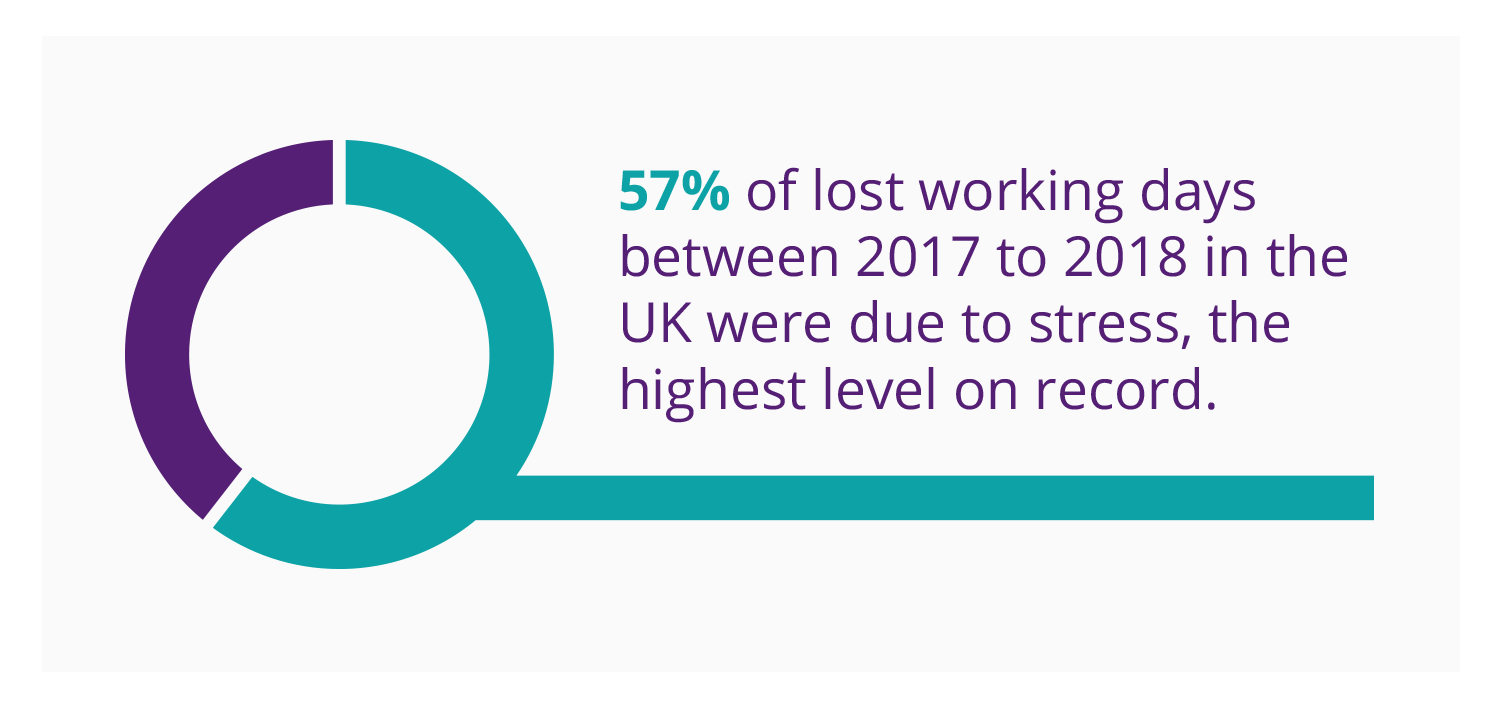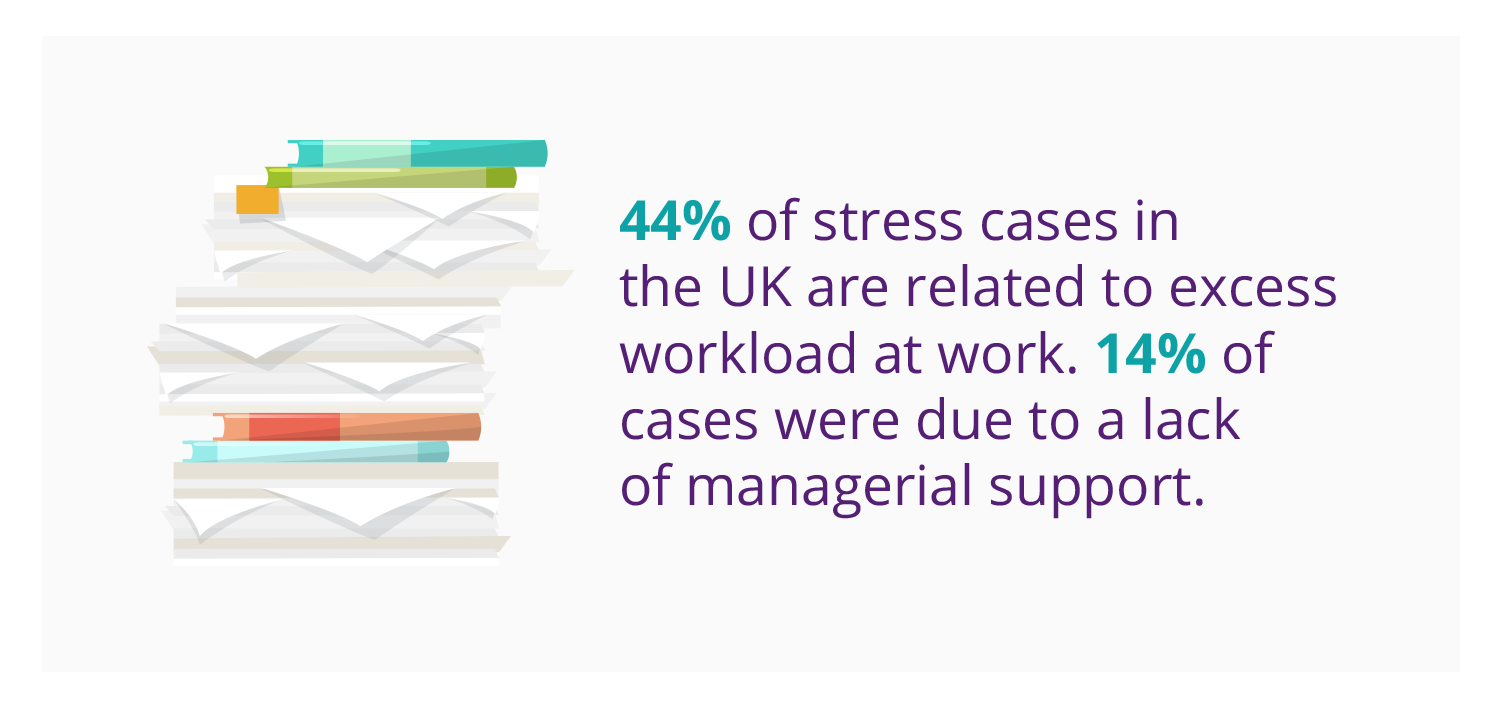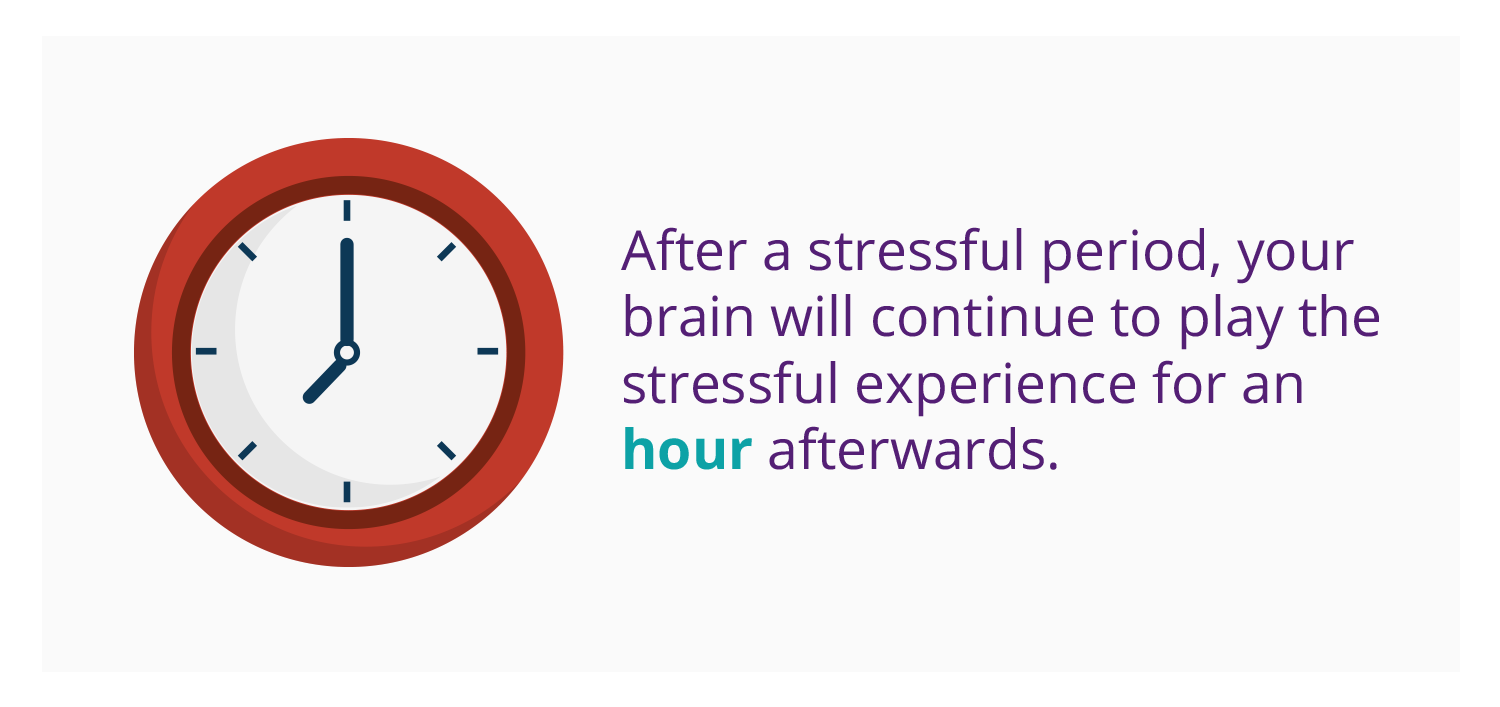“Knowing you have shaped the careers of individuals as well as impacted a business’s future…well there is a sense of pride in that.”
Recruitment is a versatile career, valuing experience from a wide range of backgrounds. At CK Group, our recruitment consultants bring with them experience from sales and customer service, to roles within the industries we recruit for.
One such member of our team is Naynesh Mistry, who spent eight years in industry before joining CK. Naynesh has since worked his way up through the ranks, starting with us as a Trainee Recruitment Consultant and now holding the position of Recruitment Manager of Pharma and Life Sciences.
We recently spent some time with Naynesh to get to know his background a little better, and why he chose to make the jump from industry into recruitment.
What was your background in industry before recruitment?
Prior to joining CK, I spent nearly eight years in industry. I started my career at Pfizer as a Scientist, and following this I went to work for 3M Healthcare as a Formulation Scientist. I have also worked as a Pharmaceutical Lab Manager at Keele University.
What attracted you to consider a career in recruitment?
Similar to industry, I wanted a career where I knew I was helping others and making a difference. I came to a point in my career where I could stay on the same path or take on a new challenge, and I chose to do something new.
What attracted me the most to CK Group and recruitment was the fact that it was relevant to my background – they specialise in Pharma and Life Science recruitment and I came with industry knowledge. Though I came with no sales experience, I believed in myself and wanted to help individuals secure their first roles, take on new challenges like myself and attain their dream jobs.
What do you like most about recruitment?
Every day is different. It is fast-paced and I enjoy talking to individuals from all types of backgrounds and meeting new clients. It’s a great feeling when you help someone on their journey into their first industry role or secure a new opportunity.
What 3 things would you tell someone looking to enter recruitment?
- Ask yourself first: is this for me? Recruitment is like a rollercoaster, you have your highs and your lows. You will speak with a range of people where you will be offering guidance and mentorship and it is a great feeling when you help them. However, you may be let down from time to time so you need to have a strong character and remain positive at all times.
- A lot of recruitment companies state that you need to have a sales background, but I didn’t. 9 years on and I am still with CK, now as a Manager of the Life Science Team. It is hard work and exhilarating at the same time.
- Recruitment may not be for everyone. It is a pressured environment but it can be very rewarding. Knowing you have shaped the careers of individuals as well as impacted a business’s future…well there is a sense of pride in that.
If you are considering a career move and think recruitment might be for you, please get in touch by visiting our careers page here




